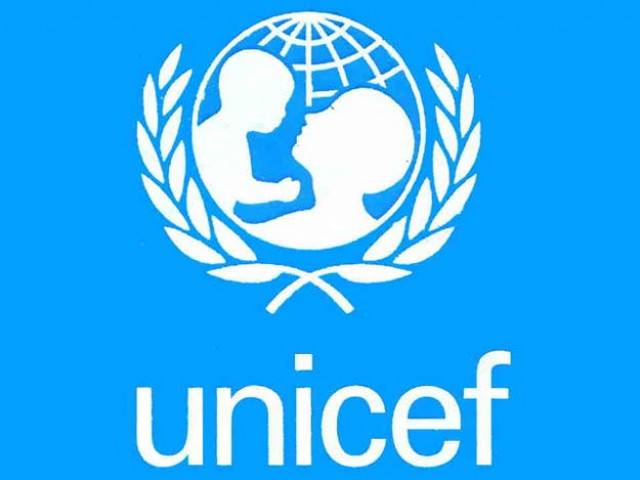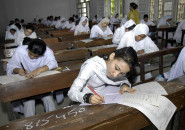Global standards: UNICEF urges changes in juvenile justice rules
Says child offenders should not be treated as adults.

Another such study for 2013 and 2014 is in the preparation process, Qureshi told The Express Tribune. PHOTO: UNICEF
In a report that it sponsored on the state of children in Pakistan, Unicef recommended that the minimum age of criminal responsibility should be raised to an internationally acceptable level and child offenders should not be treated as adults.
The report was published by the Child Complaint Office of the federal ombudsman in Islamabad.

Provincial governments, according to the report, must amend their respective juvenile justice rules to include clear guidelines set out by the apex courts for determining the age of the accused juvenile for the police, prosecution services, trial courts and juvenile courts all over the country. “[They] should appoint child protection officers at all police stations to deal with cases by or against children.
“The State of Children in Pakistan is the first government-endorsed, thematic study on the current status of children in Pakistan,” said Ejaz Ahmed Qureshi, commissioner of the Children’s Complaint Office (CCO) of the Federal Ombudsman in Islamabad. The report has been released with the joint efforts of the Unicef and CCO and was prepared in 2012.
Another such study for 2013 and 2014 is in the preparation process, Qureshi told The Express Tribune.
Children should only be detained as a last resort, it said, adding that juveniles should be given the right to proper legal aid and defence. It recommends that juvenile courts should be set up, and there should be separate remand homes for juveniles.
Over the years, Unicef noted, the number of juveniles in the country’s detention centres has decreased in Pakistan, and the juvenile justice system ordinance 2000 is poorly enforced. The minimum age for criminal responsibility still stands at 7 years. Living conditions in detention centres are poor and a majority of children are under trial. No juvenile courts have been set up and there are no rehabilitation facilities available for juveniles.
According to the Convention on the Rights on the Child “every human being below the age of 18 years is defined as a child”. However, the Constitution of Pakistan does not provide a definition and the multiple definitions embodied in various pieces of legislation create disparities in interpretation.
Published in The Express Tribune, March 6th, 2015.



















COMMENTS
Comments are moderated and generally will be posted if they are on-topic and not abusive.
For more information, please see our Comments FAQ